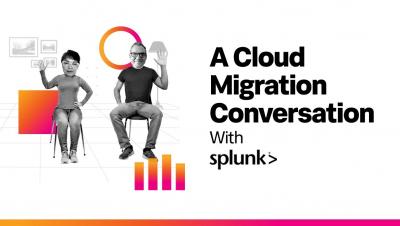Cloud Trends to Watch in 2023: Cloud Cost, Cloud Spend & More
The past few years have seen an incredible rise in cloud computing. Organizations embrace the cloud to address the challenges of an uncertain economy, an increasingly distributed workforce and the pressure to deliver a better employee and customer experience. Gartner experts forecast almost $600 billion in worldwide public cloud spend in 2023. The cloud is no longer an option: nearly 9 out of every 10 IT leaders said it was a “cornerstone” of their digital strategy.











